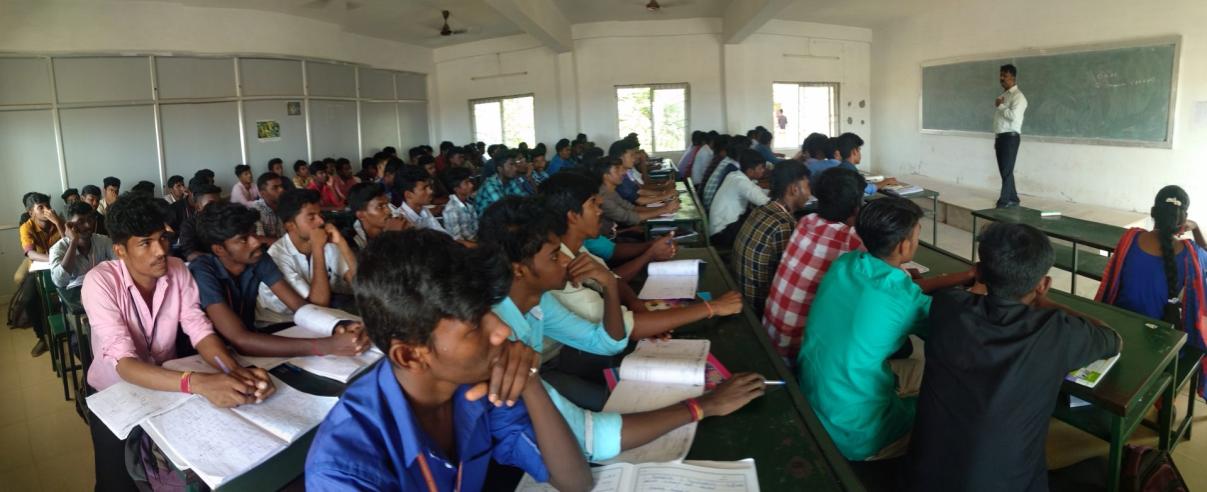How Can AI Foster Collaboration and Knowledge Sharing Among Universities and Institutions in the UAE?
The United Arab Emirates (UAE) is home to a vibrant and rapidly growing higher education sector. With world-class universities and institutions attracting students and faculty from around the globe, the UAE is well-positioned to become a regional leader in education and research. However, the country faces a number of challenges in fostering collaboration and knowledge sharing among its universities and institutions.

Challenges To Collaboration And Knowledge Sharing In The UAE's Higher Education Sector:
- Geographical Dispersion: Universities and institutions in the UAE are spread across a large geographical area, making it difficult for researchers, faculty, and students to connect and collaborate.
- Lack of a Centralized Platform: There is no centralized platform that facilitates collaboration and knowledge sharing among universities and institutions in the UAE. This makes it difficult for researchers and faculty to find and connect with potential collaborators and to share their research findings and insights.
- Language Barriers: The UAE is a multilingual country, with English, Arabic, and Urdu being the most commonly spoken languages. This can create language barriers that hinder collaboration and knowledge sharing among researchers and faculty from different linguistic backgrounds.
- Cultural Differences: The UAE is home to a diverse population, with people from over 200 nationalities living and working in the country. This diversity can lead to cultural differences that can make it difficult for researchers and faculty to collaborate effectively.
Opportunities Presented By Artificial Intelligence (AI):
Artificial intelligence (AI) has the potential to revolutionize collaboration and knowledge sharing in the UAE's higher education sector. AI-powered tools and platforms can help to overcome the challenges mentioned above and create a more connected and collaborative environment for researchers, faculty, and students.
AI-Enabled Platforms For Collaboration:
- AI can be used to develop seamless communication and collaboration platforms that connect researchers, faculty, and students across different institutions.
- These platforms can provide a variety of features, such as instant messaging, video conferencing, and file sharing, to facilitate collaboration on research projects, assignments, and other academic activities.
- Examples of successful AI-powered collaboration platforms include Slack, Microsoft Teams, and Google Workspace.
AI-Driven Knowledge Sharing:
- AI can be used to curate, organize, and disseminate knowledge resources in a more effective and personalized manner.
- AI-powered knowledge graphs and semantic search engines can help researchers and faculty to find and access relevant information quickly and easily.
- Examples of AI-driven knowledge-sharing initiatives in the UAE include the Khalifa University Knowledge Graph and the Zayed University Knowledge Portal.
AI-Augmented Research And Innovation:
- AI can be used to augment research and innovation efforts by providing insights, automating tasks, and suggesting new avenues for exploration.
- AI can help researchers to analyze large volumes of data, identify trends, and develop new hypotheses.
- AI can also be used to automate repetitive tasks, such as data collection and analysis, freeing up researchers to focus on more creative and innovative work.
- Examples of AI-powered research projects in the UAE include the use of AI to develop new materials, design new drugs, and predict the spread of diseases.
AI-Enhanced Learning And Teaching:
- AI can be used to enhance the learning and teaching experience for students in the UAE.
- AI-powered adaptive learning systems can tailor the learning experience to each student's individual needs, helping them to learn more effectively and efficiently.
- AI-powered virtual assistants can provide students with personalized feedback and support, helping them to stay on track and achieve their academic goals.
- Examples of AI-integrated educational initiatives in the UAE include the use of AI to develop personalized learning plans, provide real-time feedback on student work, and create interactive and engaging learning experiences.
AI-Empowered Decision-Making:
- AI can be used to assist university and institutional leaders in making informed decisions related to resource allocation, curriculum development, and strategic planning.
- AI can help leaders to analyze large volumes of data, identify trends, and develop predictive insights to support decision-making.
- Examples of AI-driven decision-making processes in the UAE's higher education sector include the use of AI to optimize class schedules, allocate resources to research projects, and develop new academic programs.
AI has the potential to revolutionize collaboration and knowledge sharing in the UAE's higher education sector. By embracing AI and exploring its transformative possibilities, universities and institutions in the UAE can create a more connected, collaborative, and innovative learning environment for students, faculty, and researchers.

To fully realize the potential of AI in fostering collaboration and knowledge sharing, it is essential for universities and institutions in the UAE to work together to develop a comprehensive AI strategy. This strategy should include a focus on developing AI-powered platforms for collaboration, knowledge sharing, research and innovation, learning and teaching, and decision-making.
By working together, universities and institutions in the UAE can create a world-class higher education sector that is at the forefront of innovation and collaboration.

YesNo

Leave a Reply